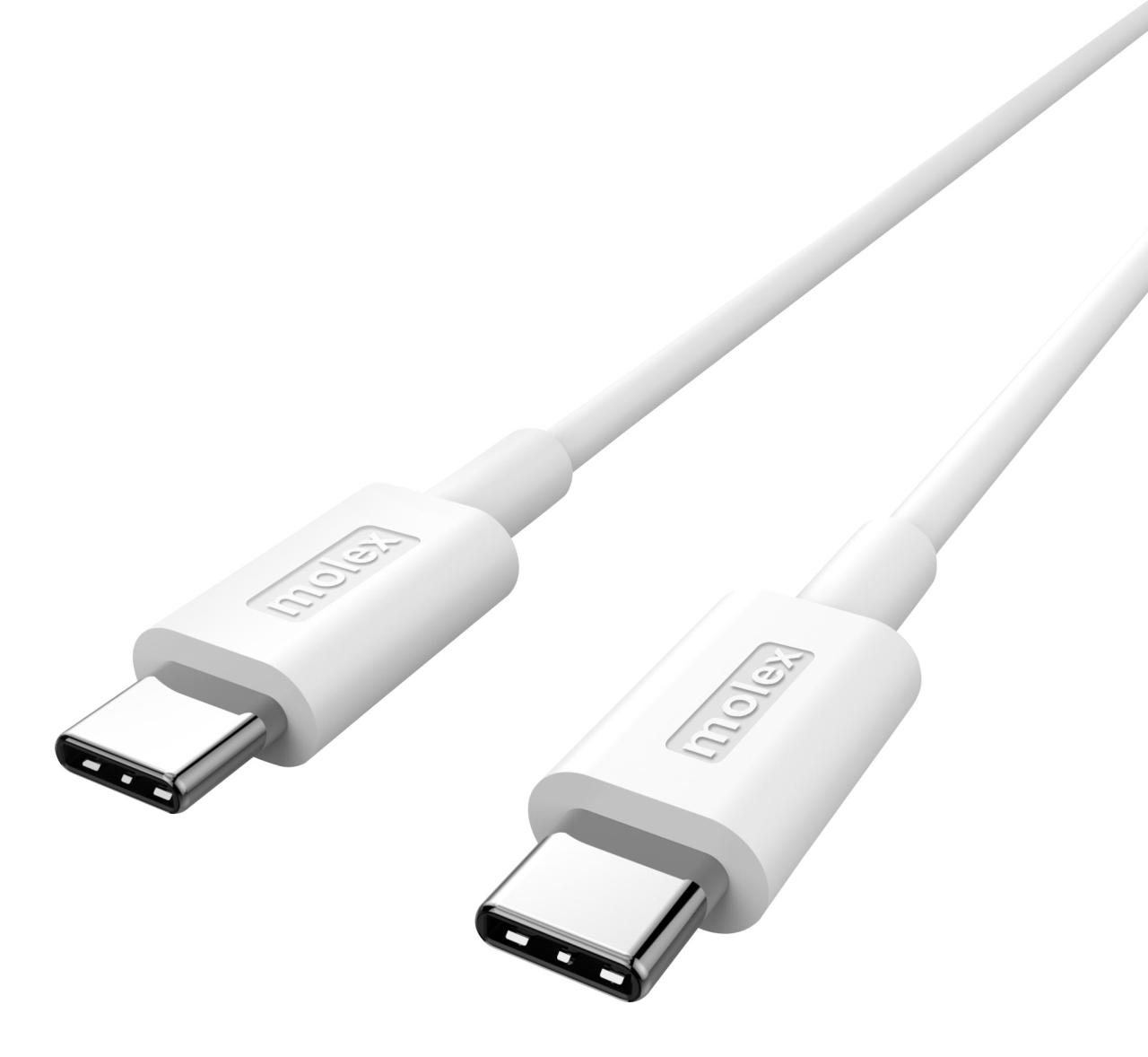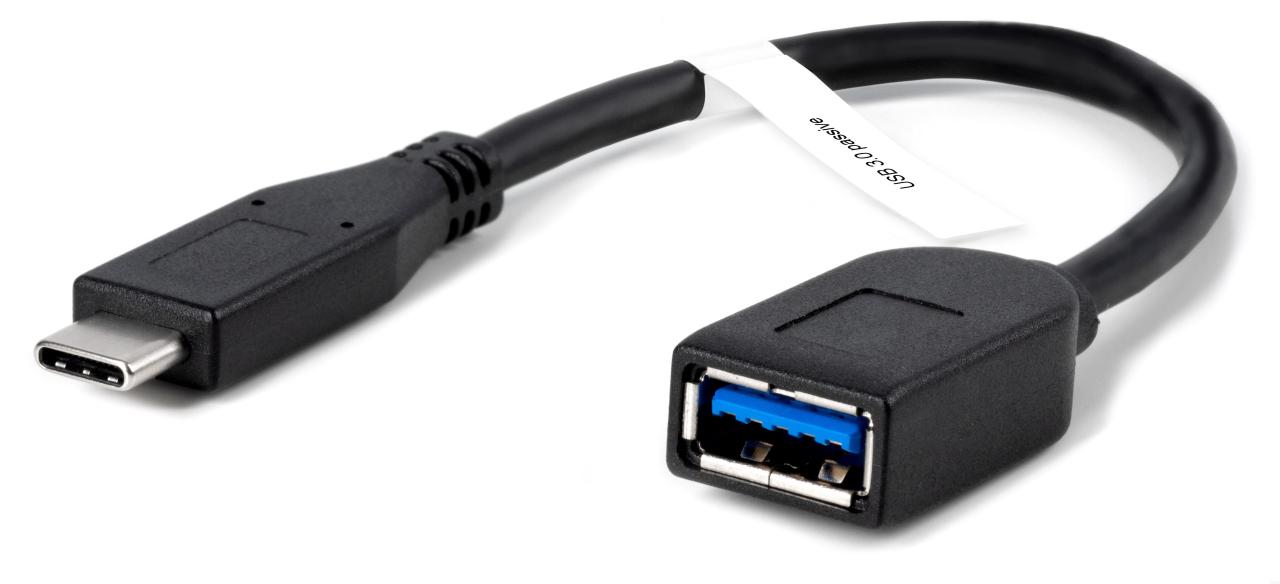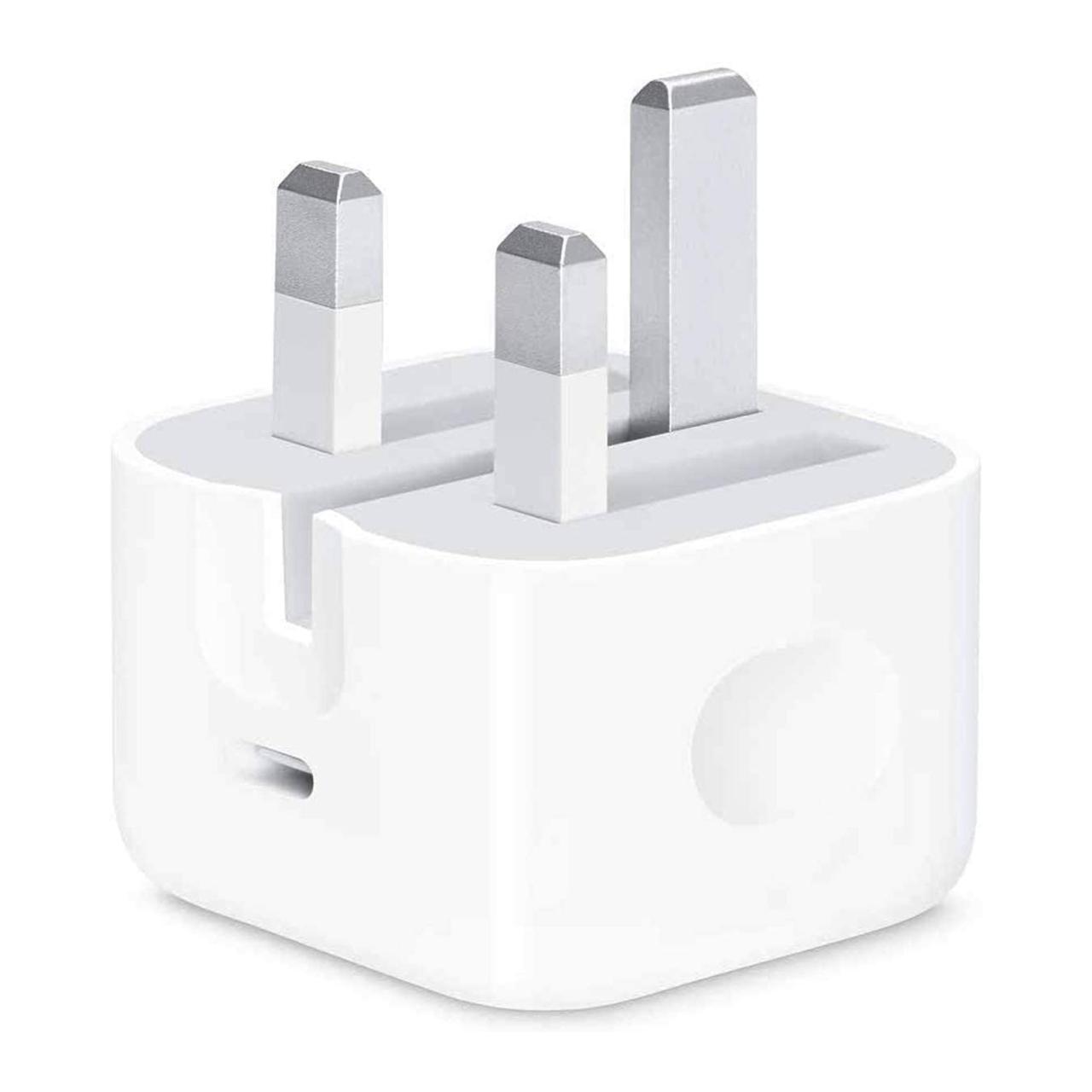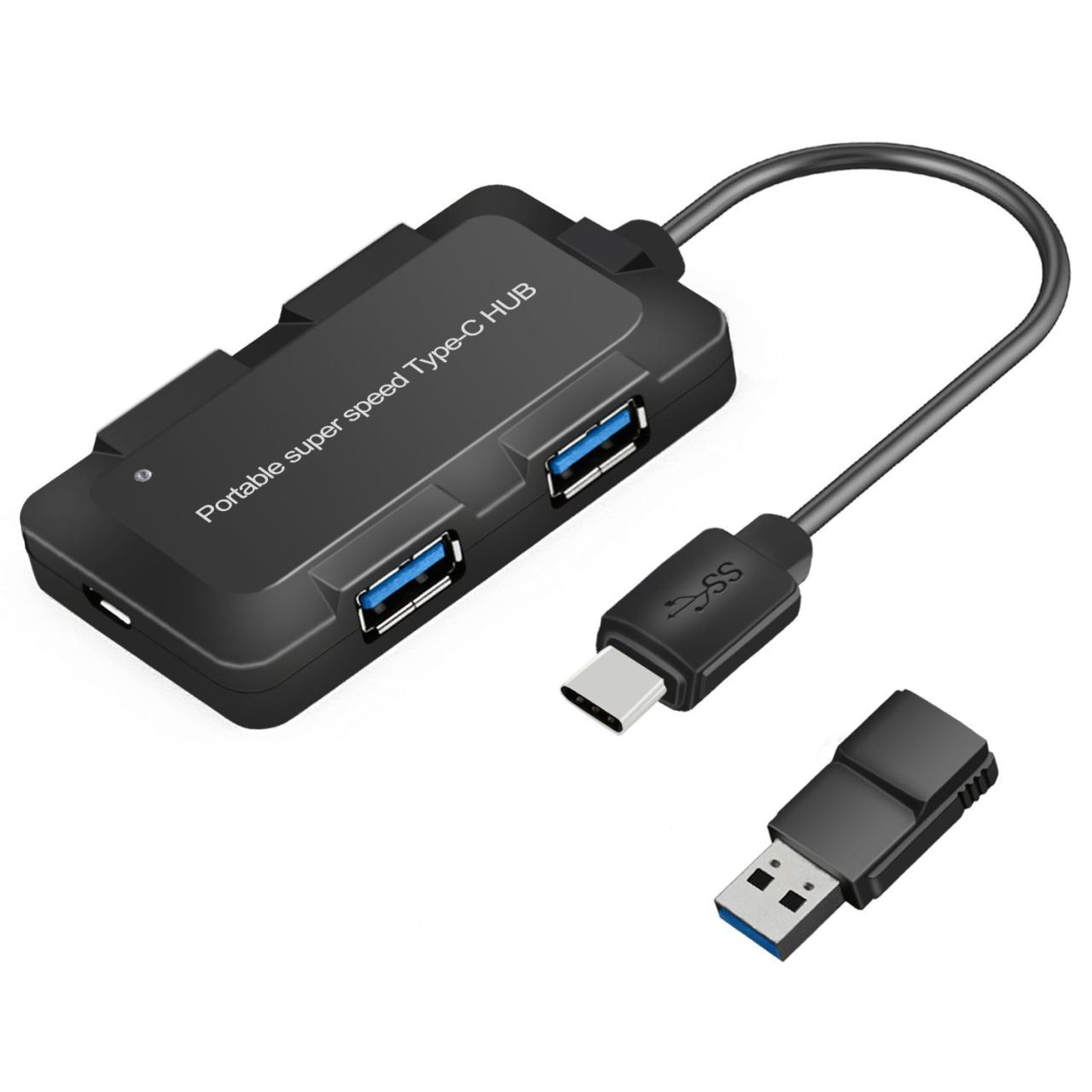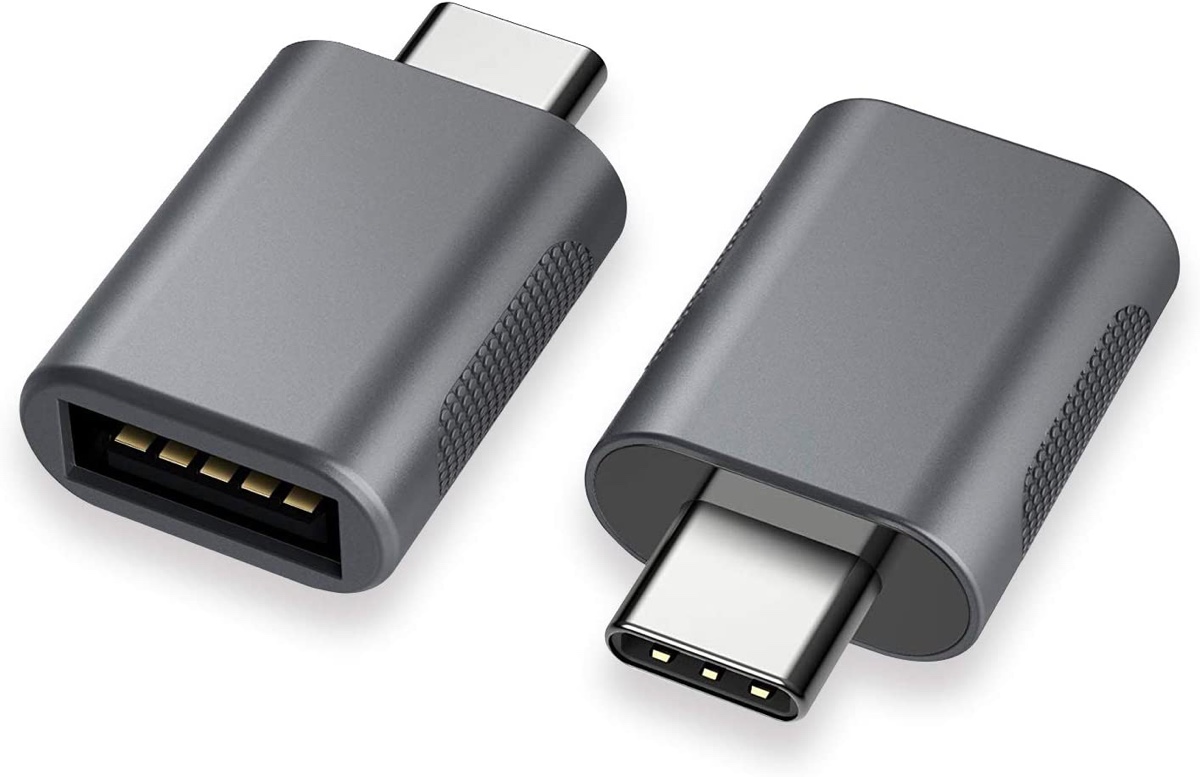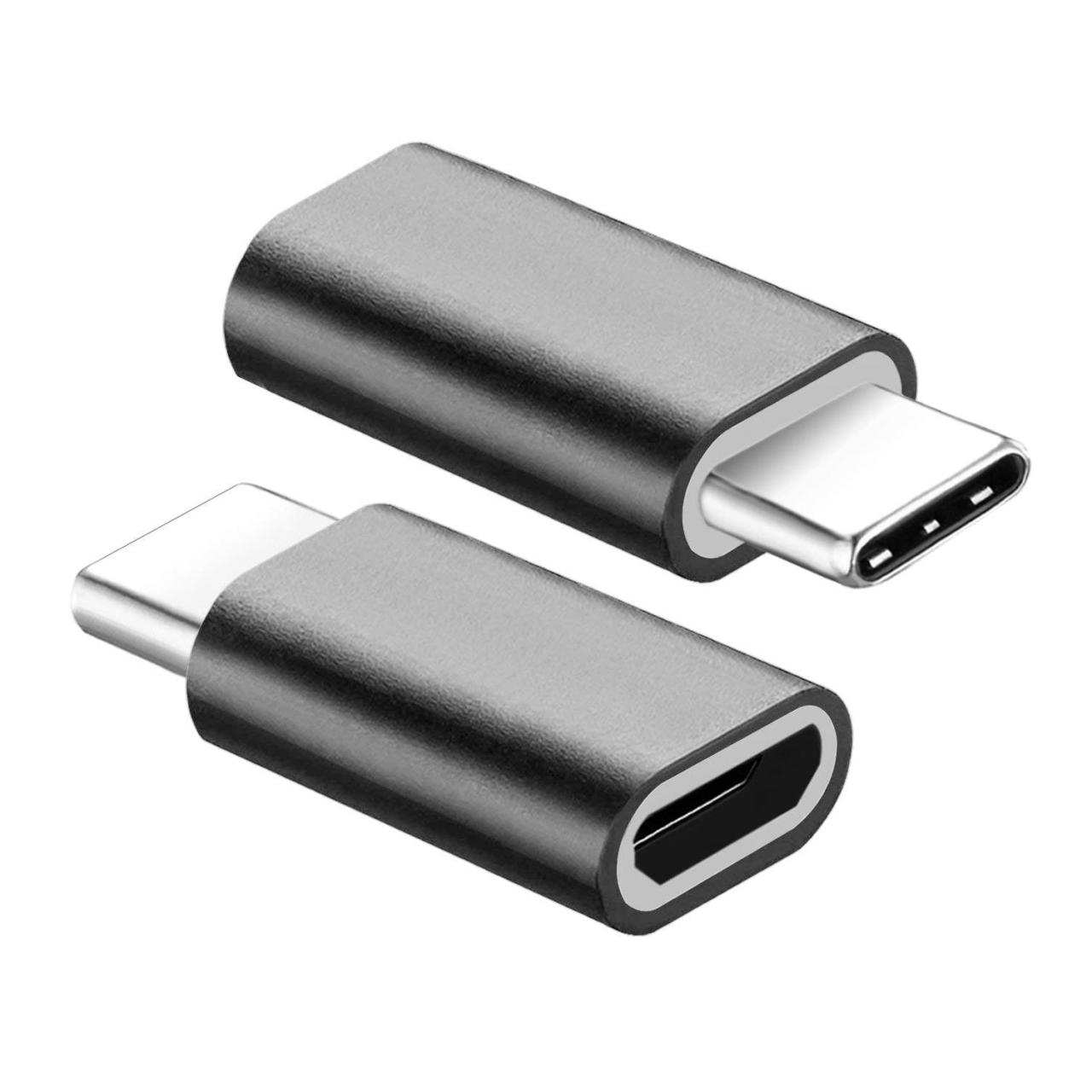The USB-C plug adapter has emerged as a game-changer in the world of connectivity, offering a seamless and versatile solution for connecting devices. This guide delves into the intricacies of USB-C plug adapters, exploring their functionality, compatibility, design, performance, and troubleshooting.
From understanding the different types of adapters to optimizing their performance, this comprehensive guide provides valuable insights and practical tips for maximizing the benefits of USB-C plug adapters.
Overview of USB-C Plug Adapters
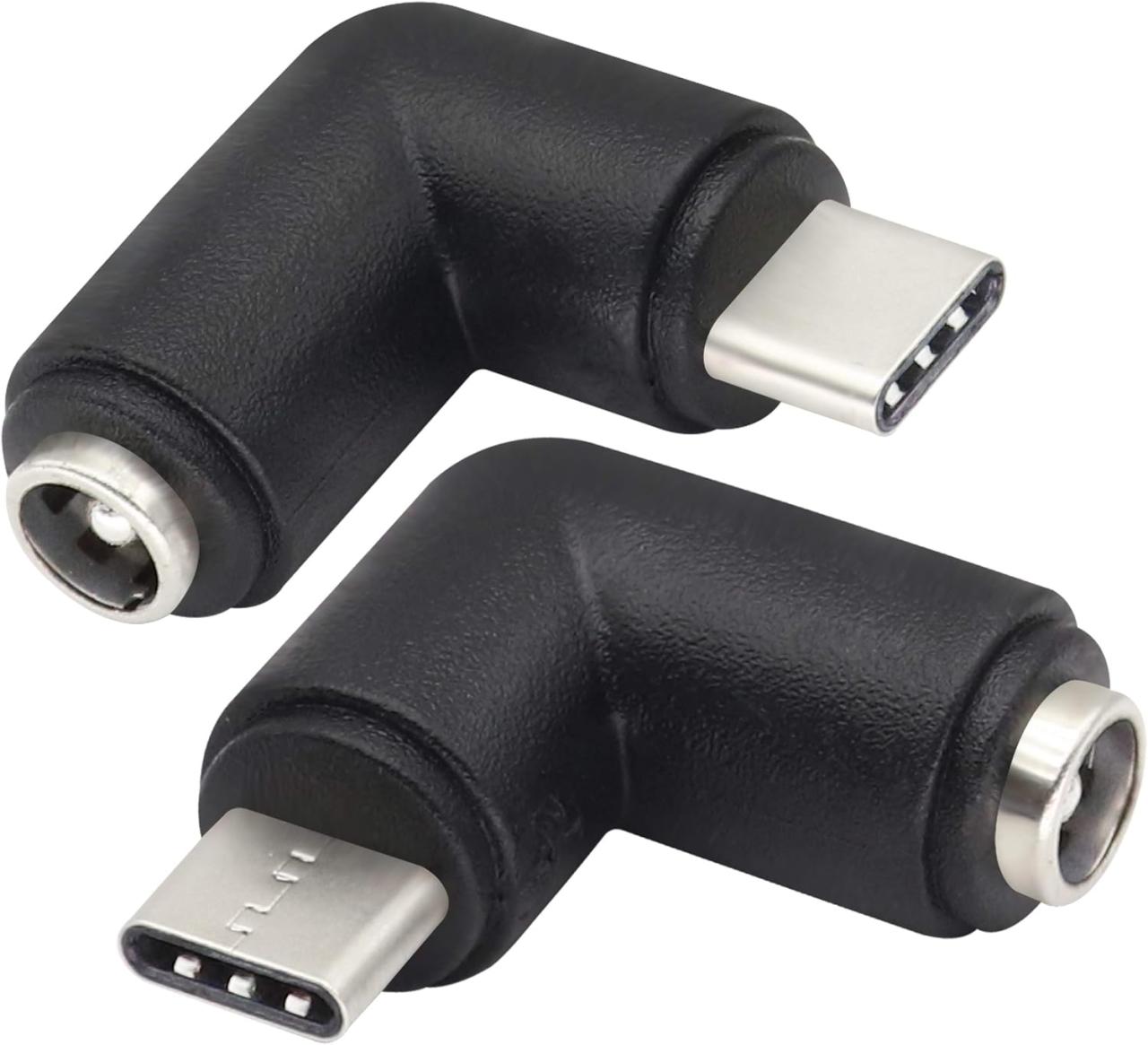
USB-C plug adapters are devices that allow you to connect a USB-C cable to a device that does not have a USB-C port. They are typically used to connect older devices to newer computers and peripherals that only have USB-C ports.
USB-C plug adapters come in a variety of shapes and sizes, and they can be used to connect devices such as smartphones, tablets, laptops, and external hard drives.
There are three main types of USB-C plug adapters:
- USB-C to USB-A adapters
- USB-C to Micro-USB adapters
- USB-C to Mini-USB adapters
USB-C to USB-A adapters are the most common type of USB-C plug adapter. They allow you to connect a USB-C cable to a device that has a USB-A port. USB-C to Micro-USB adapters allow you to connect a USB-C cable to a device that has a Micro-USB port.
USB-C to Mini-USB adapters allow you to connect a USB-C cable to a device that has a Mini-USB port.
There are several advantages to using USB-C plug adapters. First, they allow you to connect older devices to newer computers and peripherals that only have USB-C ports. Second, they are small and portable, so they are easy to carry around with you.
Replacing the battery in your Subaru key fob is a straightforward process that you can do yourself. For detailed instructions, check out this guide . In other news, the Nissan Rogue Sport offers ample cargo space , making it a practical choice for families and outdoor enthusiasts.
Third, they are relatively inexpensive.
However, there are also some disadvantages to using USB-C plug adapters. First, they can be easily lost. Second, they can be damaged if they are not properly cared for. Third, they may not be compatible with all devices.
Compatibility and Usage
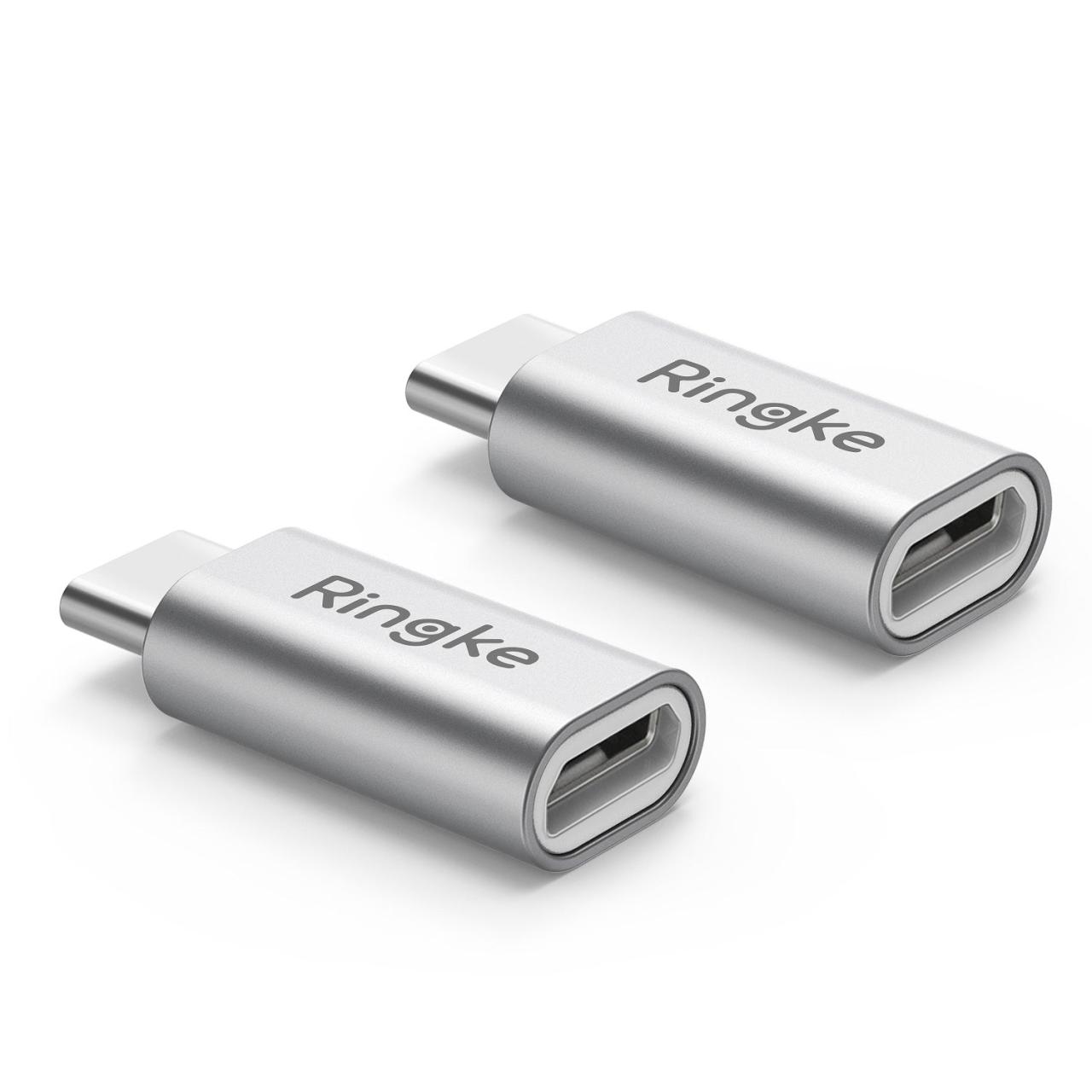
USB-C plug adapters provide seamless connectivity between devices that do not have a native USB-C port and those that do. These adapters come in various forms, including USB-C to USB-A, USB-C to HDMI, and USB-C to Ethernet.
Supported Devices and Operating Systems, Usb-c plug adapter
- Devices:USB-C plug adapters are compatible with a wide range of devices, including smartphones, laptops, tablets, and desktops.
- Operating Systems:These adapters work with major operating systems such as Windows, macOS, Linux, Android, and iOS.
Effective Usage
- Proper Connection:Ensure the adapter is firmly plugged into both the host device and the peripheral device.
- Compatibility Verification:Check the specifications of your devices and the adapter to confirm compatibility.
- Power Requirements:Some adapters may require additional power if the connected device has high power consumption.
Potential Compatibility Issues
- Old Devices:Older devices may not support USB-C technology, requiring additional adapters or dongles.
- Specific Device Limitations:Certain devices may have limitations on the types of USB-C adapters they can use, such as not supporting video output.
- Adapter Quality:Using low-quality or non-certified adapters can lead to connection issues or damage to devices.
Design and Features
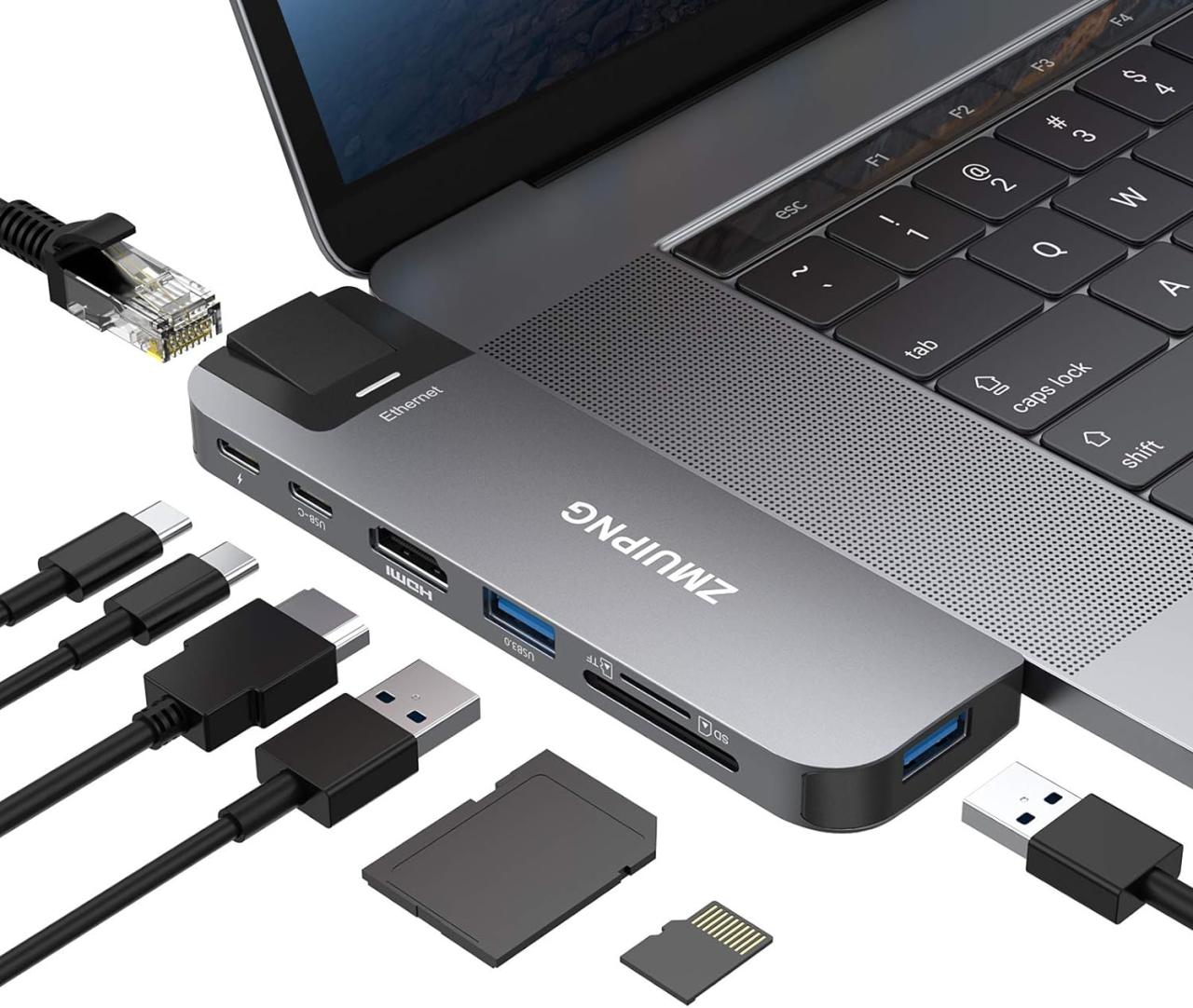
USB-C plug adapters are compact and lightweight, designed to be portable and easy to use. They typically feature a sleek, minimalist design with a USB-C connector on one end and a standard USB port on the other. The outer casing is often made of durable materials such as aluminum or plastic, ensuring longevity and protection.
Key Features and Specifications
USB-C plug adapters offer various key features and specifications, including:
- Data transfer speeds:USB-C plug adapters support high-speed data transfer, typically ranging from USB 2.0 speeds (480 Mbps) to USB 3.2 Gen 2×2 speeds (20 Gbps). This allows for fast file transfers and seamless data transmission.
- Power output:USB-C plug adapters can provide power output for charging devices or powering peripherals. The power output capability varies depending on the adapter’s specifications, with some supporting up to 100W of power delivery.
- Compatibility:USB-C plug adapters are designed to be compatible with a wide range of devices, including laptops, smartphones, tablets, and external hard drives. They allow users to connect legacy USB devices to newer USB-C ports, ensuring seamless connectivity.
Design and Feature Comparison
Different USB-C plug adapters vary in design and features. Some adapters may have additional features such as pass-through charging, allowing devices to be charged while connected to the adapter. Others may offer reversible connectors for easy insertion, regardless of the orientation.
The choice of adapter depends on the specific requirements and preferences of the user.
Performance and Benchmarks
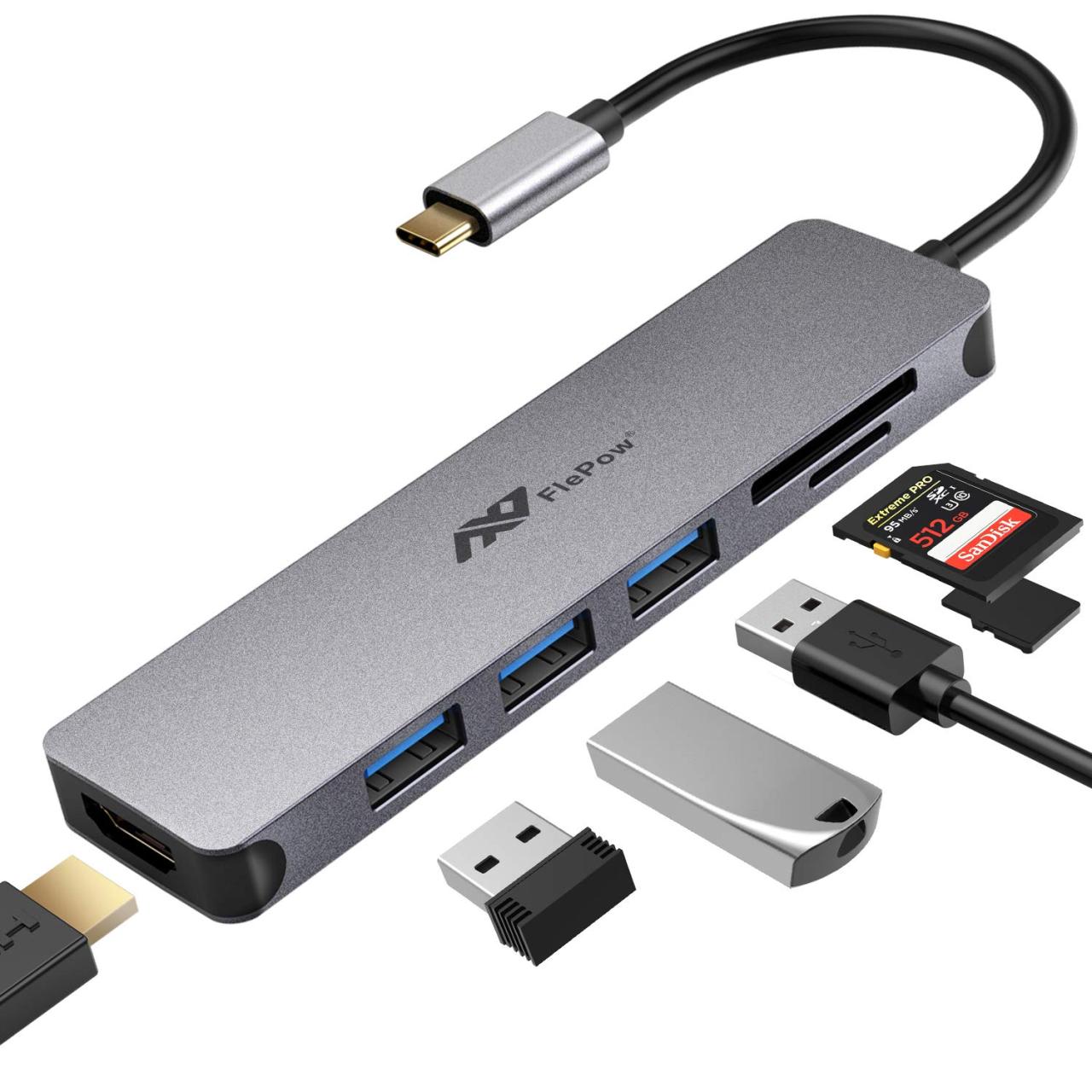
USB-C plug adapters play a crucial role in extending the functionality of devices with limited USB-C ports. To evaluate their performance, various benchmarks and test results are available, providing insights into their capabilities.
Factors affecting the performance of USB-C plug adapters include the chipset used, the number of ports, and the supported protocols. High-quality chipsets ensure faster data transfer speeds and reliable connectivity. Adapters with multiple ports allow simultaneous connection of multiple devices, while support for protocols like USB 3.2 Gen 2 or Thunderbolt 4 enables high-bandwidth data transfer.
Best-Performing USB-C Plug Adapters
Based on performance benchmarks and user reviews, the following USB-C plug adapters stand out as the top performers in the market:
- Anker PowerExpand+ 7-in-1 USB-C Hub
- Satechi Aluminum Type-C Multiport Adapter V2
- Twelve South StayGo USB-C Hub
- Belkin Thunderbolt 4 Dock Pro
- Kensington SD5700T Thunderbolt 4 Docking Station
Troubleshooting and Support
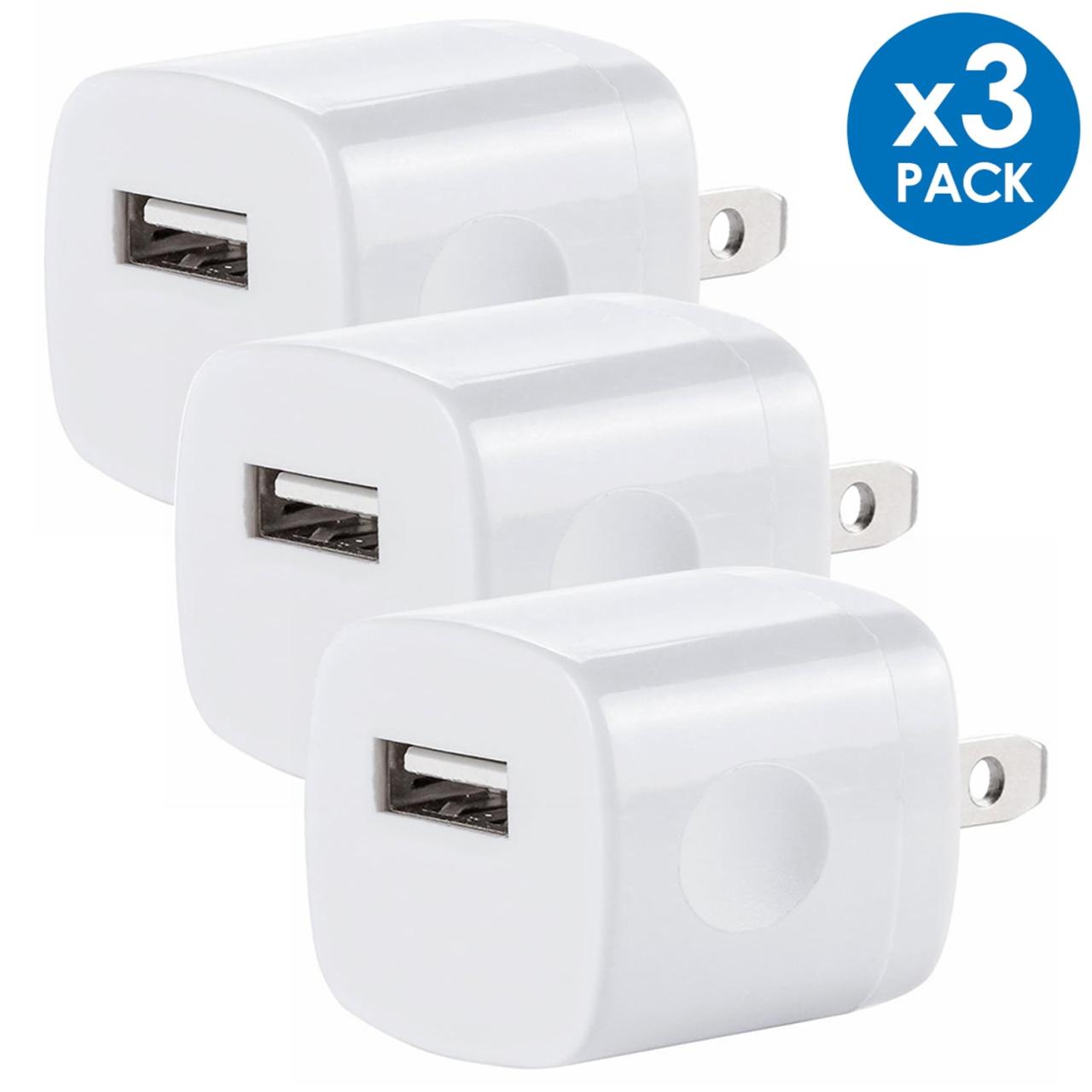
USB-C plug adapters are generally reliable devices, but they can occasionally encounter issues. This section covers common problems, troubleshooting tips, and support options for USB-C plug adapters.
Problem Identification and Troubleshooting
- Adapter not recognized:Ensure the adapter is properly plugged into both devices and that the USB-C ports are clean and free of debris. If the issue persists, try using a different USB-C cable or port.
- Slow data transfer speeds:Check the specifications of the adapter and ensure it supports the required data transfer speeds. Also, ensure that the connected devices support the same data transfer speeds.
- Power delivery issues:If the adapter is not providing enough power, ensure that it is rated for the power requirements of the connected device. Also, check the USB-C cable and ensure it is rated for power delivery.
Support Options
If you encounter any issues with your USB-C plug adapter, you can seek support from the manufacturer or a reputable tech support service.
Concluding Remarks
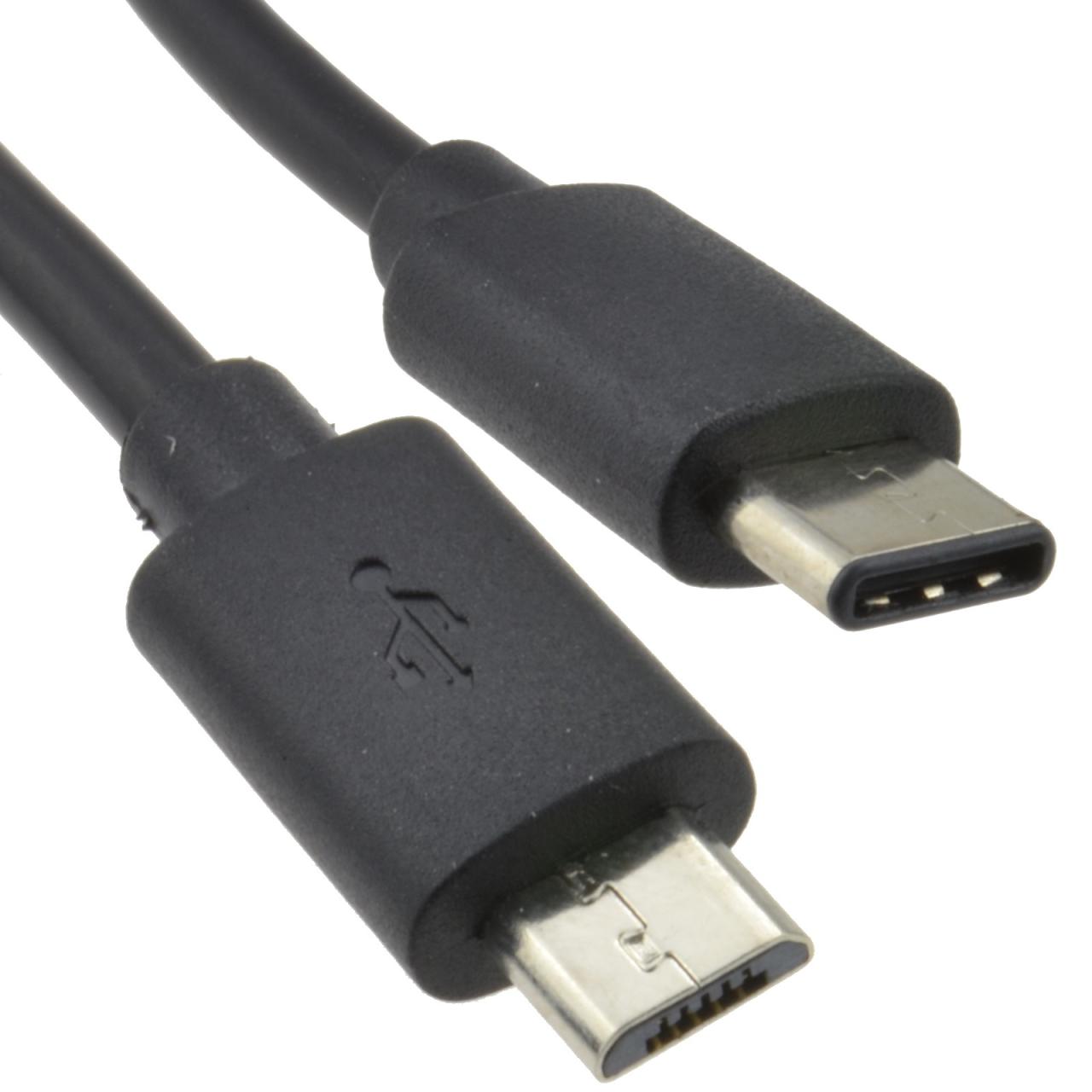
Whether you’re a tech enthusiast or simply looking to enhance your connectivity options, this guide has equipped you with the knowledge and understanding to make informed decisions about USB-C plug adapters. Embrace the future of connectivity with these versatile and powerful devices.
Helpful Answers: Usb-c Plug Adapter
What are the benefits of using USB-C plug adapters?
USB-C plug adapters offer numerous advantages, including compact size, reversible connectivity, high data transfer speeds, and support for various devices.
How do I choose the right USB-C plug adapter for my device?
Consider the compatibility of the adapter with your device, the desired data transfer speeds, and the power output requirements.
What are some common troubleshooting tips for USB-C plug adapters?
Ensure the adapter is securely connected, try a different cable, update device drivers, and clean the adapter contacts.
